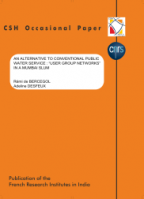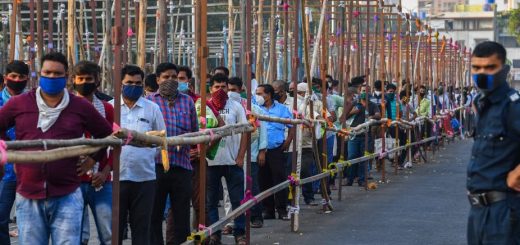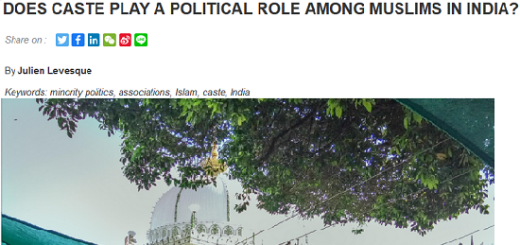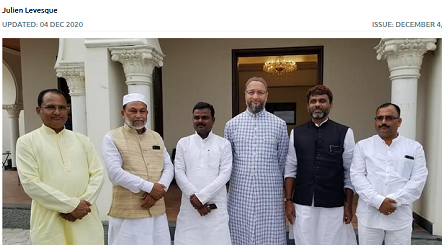An alternative to conventional public water service : “user group networks” in a Mumbai slum

Providing universal access to drinking water remains a formidable challenge in the cities of developing countries and all potential technical and institutional solutions need to be taken into account. By looking at the specific example of “user group networks” set up in a poor neighbourhood in the North-East of Mumbai, this article aims to highlight the ability of local communities to design and run functional systems that compensate for shortcomings in the public service. We will analyse the effective role that users play in regulating these groups at local level as well as the political-territorial implications of this type of management. After providing a clear overview of the systems that have emerged and their modus operandi, we will describe and assess them from a critical technical/economic perspective in order to suggest possible improvements.
More generally, our research is part of a broader attempt to study the different ways of providing access to urban water and the legitimacy of local communities in taking the process in hand. We wish to contribute to the debate that focuses on providing a differentiated service to the inhabitants of the same city.
- In :CSH Occasional Paper N°30
- Year :2011
- Pages :37
- ISSN :0972 – 357









